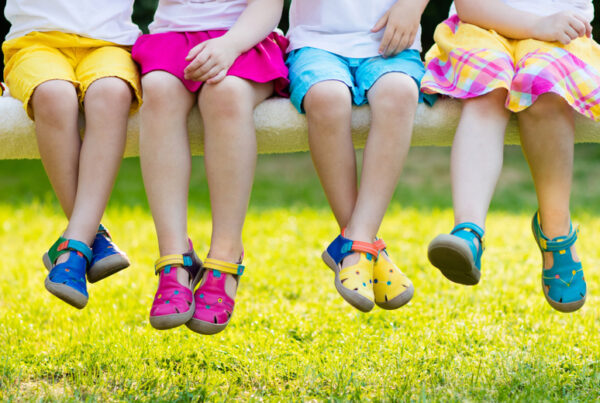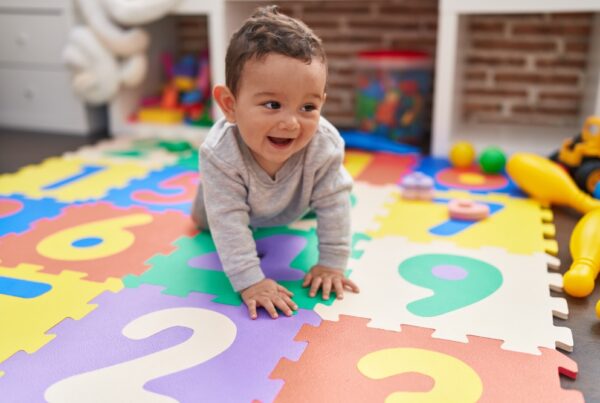When we’re young, social and emotional development is key to shaping who we become. It helps us develop relationships, cope with stress and manage our emotions.

These formative years have a lasting impact on our lives, so it’s important to encourage healthy social and emotional development during all periods of a child’s life – from infancy to adolescence.
So, what exactly is social and emotional development?
It’s the process of learning to interact with others, regulate emotions and develop a sense of self. It starts in infancy and continues into adulthood.
Social and emotional development helps children become confident, competent and caring adults.
There are many ways to encourage social and emotional development in early childhood. However, there are some general strategies that can be employed to help all children develop these important skills.
Why do social and emotional skills matter?
Developing social and emotional skills is essential to a child’s overall health and well-being.
It lays the foundation for how children will relate to others and handle the challenges of life.
Children who have supportive and responsive relationships with adults early in life are more likely to develop empathy, trust, cooperation and self-control – all important skills for later in life.
Conversely, children who do not have these supportive relationships are more likely to have difficulty forming attachments, regulating their emotions and developing empathy for others. This can lead to problems in school and later in relationships.

Building resilience in the early years
Resilience is another important outcome of healthy social and emotional development.
Resilience is the ability to recover from or adjust to difficult situations. It helps children cope with stress and setbacks.
Children who are resilient are more likely to have successful relationships, do well in school and be employed as adults.
There are many things that can affect social and emotional development. A child’s environment, relationships, health and experiences all play a role.
By providing a supportive and nurturing environment, we can help children develop the skills they need to lead happy and successful lives.
How to promote social and emotional development
Some ways to help children with emotional growth include:
1. Providing a safe and nurturing environment
This is especially important for very young children. They need to rely on predictable interactions and feel safe and secure in order to explore the world and develop a sense of self.
A safe and nurturing environment can be created by the child’s family and other adults who are responsive and consistent caregivers, and should include a variety of interesting and inviting materials and activities.
2. Encouraging positive self-talk
This involves helping children to become aware of their own thoughts and feelings, and encouraging them to talk to themselves in a positive way.
For example, instead of saying “I can’t do this,” a child might say “I can try again.”
This will also have a positive impact on children’s mental health and their overall self of self.

3. Modelling positive social and emotional behaviour
Children learn by observing the adults around them.
Adults can model positive social and emotional behavior by managing their own emotions, resolving conflicts peacefully and showing empathy and concern for others.
4. Encouraging positive social interactions
This can be done by providing opportunities for children to play and interact with others. It’s important to encourage turn-taking, sharing and cooperative play, which are all important social skills.
Through these positive social interactions, children learn how to communicate, express emotions and resolve conflicts.
5. Helping children to understand and cope with emotions
It’s important to help children understand their emotions, and to provide them with tools and strategies for coping with difficult feelings. This can be done through books, stories, songs, games and activities.
For example, a child who is feeling angry might be encouraged to stomp their feet or clap their hands to release that energy as an emotional regulation strategy.
6. Promoting a sense of self
A sense of self is developed through exploration and experimentation.
Children need to feel valued and respected in order to develop a positive sense of self. They should be given opportunities to make choices, try new things and express their individuality.
Promoting social and emotional growth
The role of social and emotional development in early childhood is essential to a child’s well-being and future success.
By promoting healthy social and emotional development, we can help children develop into confident, competent and caring adults.









